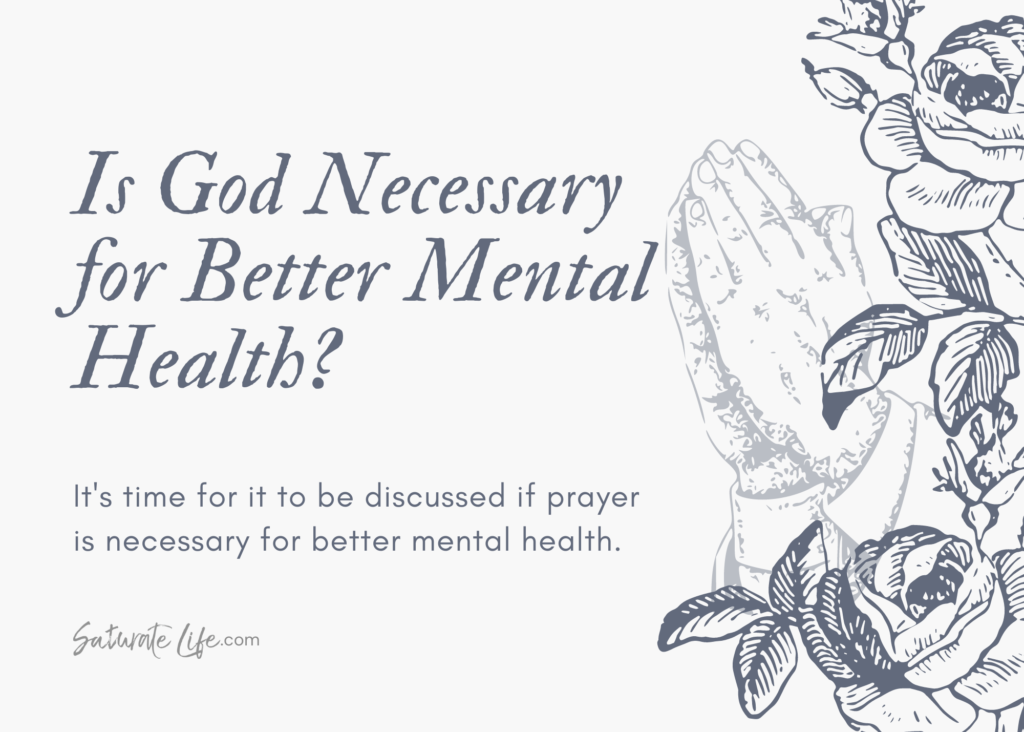Personal Belief
In the end the faith in the higher power is a personal matter. No pressure from others should lead a person to a deity. The belief can be an immense comfort, purpose, and sense in the meaning in life. This belief may help them cope with stress, anxiety, and difficult circumstances, contributing to better mental health. Again, it is per person.
Negative Effects
To reiterate this is per person the negative effects are still evident. For some people religious obligations do not contribute to mental distress in the terms of religious guilt, fear, or pressure. These could be conflicts with personal identity and values.

Community and Support
Religious or spiritual communities are extremely helpful to facilitate a sense of belonging and social support. This community can be beneficial to mental health. During challenging times, these social circles can provide support and comfort to an individual.
Individual differences
Mental health is influenced by a multitude of factors, including genetics, environment, upbringing, and personal experiences. While spirituality and belief in God can be one of these factors, it’s not the sole determinant of mental health.
Coping Mechanism
There is a turn to faith and practicing spirituality as a means of coping mechanism during times of crisis or emotional distress. This con be a means of hope and resilience and find facing their faith a means to positively impact mental health.

Non-Religious Approaches
In the end, it is not an obligation to have a deity to maintain mental health. There are many individual who do not believe in a God or practice any specific religion can still maintain good mental health. It is possible to find purpose, meaning, and support through secular means such as philosophy, meditation, mindfulness, or humanist values.
Author’s Thoughts
The example I have for non-religious approaches is: me. I am an Atheist but still maintain good mental health. I look at what connects many religions and use that to deduce an overlay of what is beneficial. Prayer is a form of meditation. Referring the Bible, Quran, or Torah is much like referring to a Stoic’s diary. There is no 100% clear answer. I find that referring to nature and what biologically is natural comforting.
A deity adds too much complication in for my taste. A God did not plan for my Traumatic Brain Injury. I did it. For the future, I am doing what I can to prevent any further injuries.
Overall, Religion is not a negative thing to identify with. I have met people who are beautiful individuals who pray a scheduled number of times per day in a cardinal direction. I support that behavior; I support what makes an individual feel less worry and more connected to all around them however that may be.
Take the time to talk to yourself. What makes you feel complete?
Kind regards,
Rachel McG



